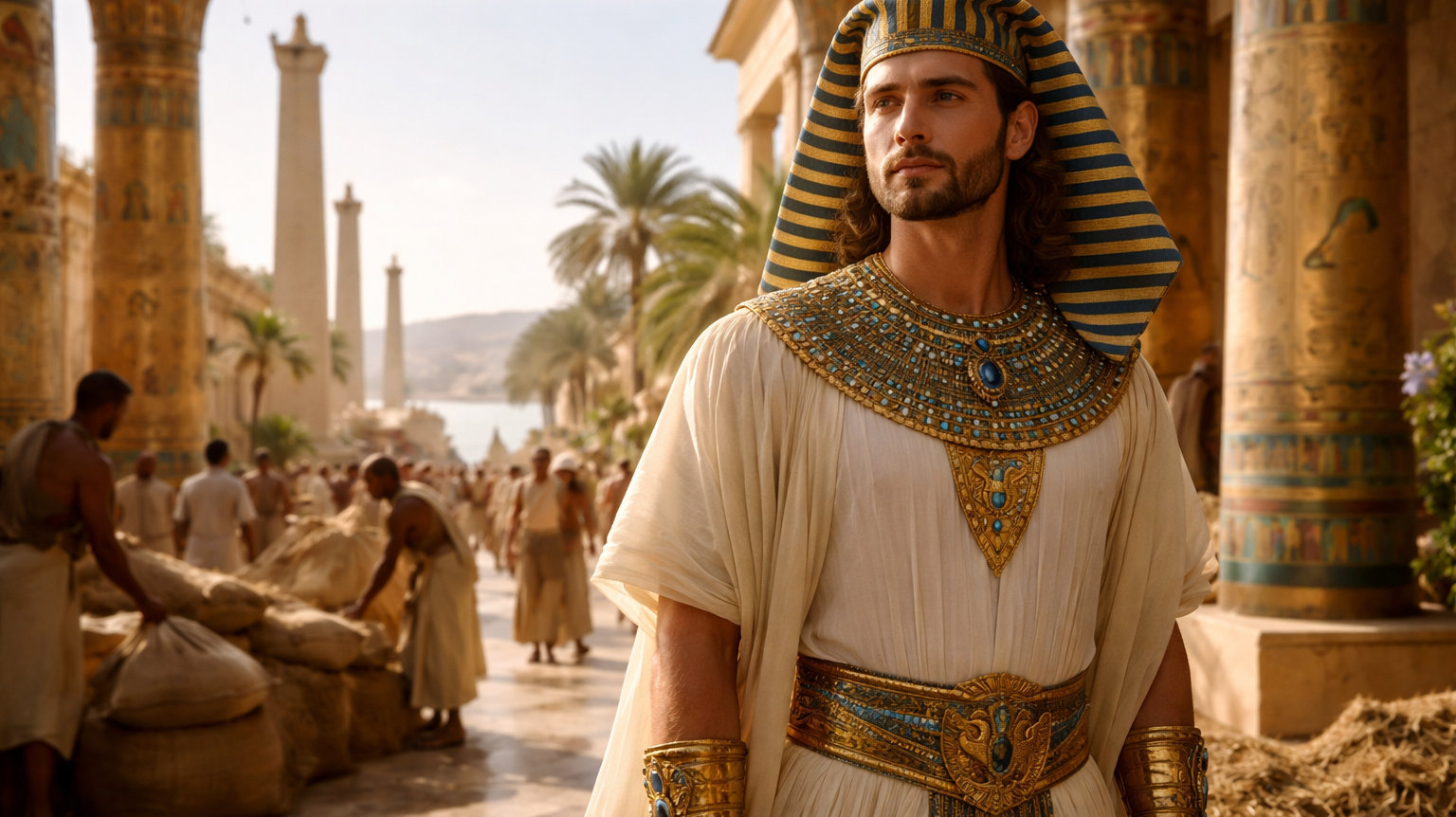The story of Jonah and the whale is one of the most well-known accounts in Scripture. It is not just about a man and a giant fish—it is about God’s mercy, human disobedience, and the power of repentance. Found in the Book of Jonah, this story continues to teach us about God’s love and patience toward His people.
Jonah’s Call and His Flight
God called Jonah, the son of Amittai, to go to Nineveh and preach against its wickedness. But instead of obeying, Jonah ran in the opposite direction, boarding a ship bound for Tarshish. He thought he could escape from God’s command, but as Psalm 139:7 reminds us:
“Where can I go from your Spirit? Where can I flee from your presence?” Psalm 139:7 (NIV)
Jonah’s decision to flee brought consequences not only for himself but for those around him. A violent storm arose, threatening to destroy the ship. When the sailors realized Jonah was the cause, they reluctantly threw him overboard—and immediately, the sea grew calm.
Swallowed by the Great Fish
God, in His mercy, did not let Jonah drown. Instead, He appointed a great fish to swallow him. Jonah spent three days and three nights inside its belly. During that time, he prayed earnestly to God, repenting and acknowledging His sovereignty.
“In my distress I called to the Lord, and He answered me. From deep in the realm of the dead I called for help, and You listened to my cry.” Jonah 2:2 (NIV)
Jonah’s prayer reveals a heart changed by gratitude and humility. Even in the depths, God heard him. The Lord commanded the fish, and it vomited Jonah onto dry land.
Jonah’s Second Chance
God spoke to Jonah a second time, giving him the same command to go to Nineveh. This time, Jonah obeyed. When he proclaimed God’s message, the people of Nineveh—from the king to the commoner—repented in sackcloth and ashes.
“When God saw what they did and how they turned from their evil ways, He relented and did not bring on them the destruction He had threatened.” Jonah 3:10 (NIV)
This shows God’s compassion and willingness to forgive anyone who truly repents. His mercy is not limited to one nation or people; it extends to all who turn their hearts toward Him.
Lessons from Jonah’s Story
The story of Jonah and the whale is more than an ancient tale—it mirrors our own struggles with obedience, pride, and grace.
| Lesson | Application |
|---|---|
| God’s commands are not optional | We must obey, even when it’s uncomfortable. |
| Running from God brings storms | Avoiding His will creates turmoil in our lives. |
| God’s mercy is greater than our mistakes | No matter how far we run, He still calls us back. |
| Repentance leads to restoration | When we turn back to God, He forgives and renews us. |
A Foreshadowing of Christ
Jesus Himself referred to Jonah’s experience as a symbol of His own death and resurrection.
“For as Jonah was three days and three nights in the belly of a huge fish, so the Son of Man will be three days and three nights in the heart of the earth.” Matthew 12:40 (NIV)
Just as Jonah emerged alive from the fish to bring a message of repentance, Jesus rose from the grave to bring salvation to all who believe.
God’s Relentless Grace
Jonah’s story ends with a powerful reminder of God’s compassion. Even when Jonah grew angry at God’s mercy toward Nineveh, the Lord gently taught him about His love for all creation.
“Should I not have concern for the great city of Nineveh, in which there are more than a hundred and twenty thousand people...?” Jonah 4:11 (NIV)
Through Jonah, we learn that God’s grace reaches beyond borders, beyond mistakes, and beyond human understanding. His mercy endures forever, calling us all to repentance and faith.
























